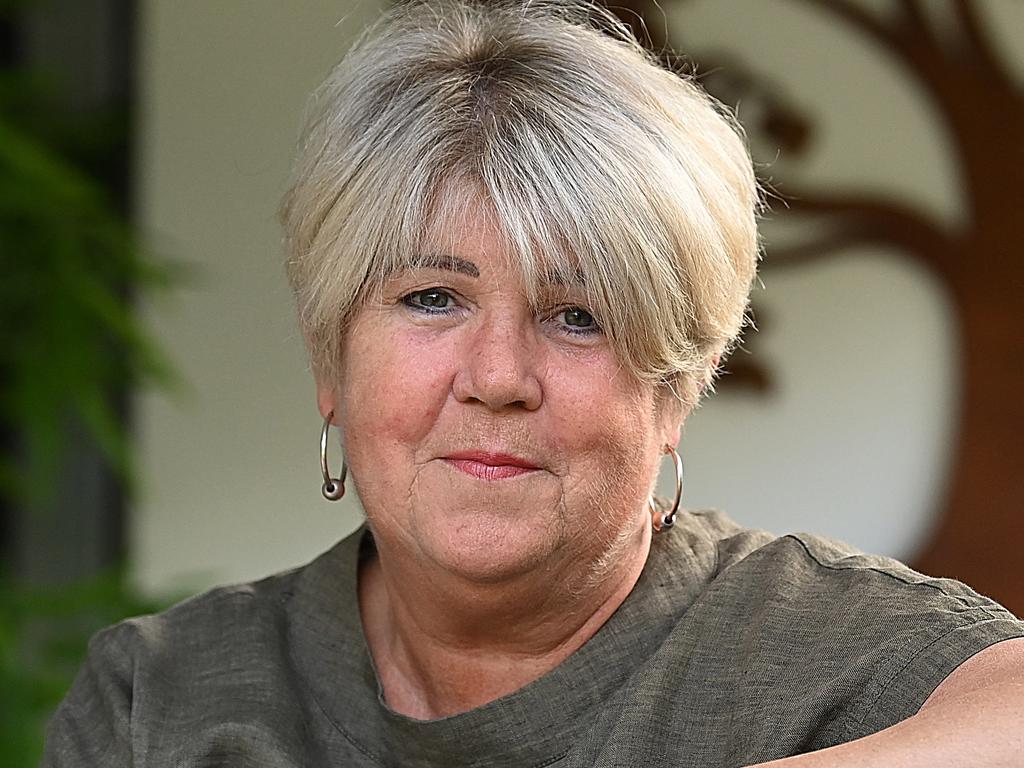Queensland election: Lessons from Covid must inform euthanasia debate

Throughout the pandemic, Premier Annastacia Palaszczuk has been determined to rely on health advice to manage the complexities of COVID-19. She has made it clear that the primary role of government is to ensure community safety.
Despite the inconvenience and burden of strict public health rules, the community understands that the preservation of life matters most. This is a fundamental principle of society and one which should be at the core for public policy makers and parliamentarians alike. The sanctity of human life falls to them when the laws of the land are to be shaped.
COVID-19 presented the government with a choice. It chose the security of the vulnerable and the protection of the community over appeals from business seeking a different balance between lives and lifestyles. Some have opposed this decision, yet the majority appear to have agreed. Regardless, it is clear that the decision was made on the underlying principle that human lives need protection.
That principle will be tested again if euthanasia legislation comes before the new parliament. A draft bill, prepared by legal academics Ben White and Lindy Willmott from the Queensland University of Technology, is with the state Law Reform Commission, but it is still unclear whether an LNP government would introduce legislation at all.
This is another fraught issue with strong opinions, confused information and emotional underpinnings for many people. There is no black or white, but there is a very real need for deeper understanding and engagement.
It was encouraging to see the Catholic bishops going to great lengths to emphasise the need for a pastoral, compassionate understanding of the issues that surround end-of-life care.
Their suggestion of better community education around the benefits of palliative care — and the security for vulnerable people of an extensive palliative care safety net — should not be dismissed as just posturing. The general lack of comprehension and access to services for the dying represents a significant gap in both the policy and the platform for debate.
Good palliative medicine and clinical support services ease the suffering of most people at the end of life. It also removes any expedient threats to dying individuals who worry about being a burden to others or even a resource drain on the community. In many ways it brings out the best in medicine because it concentrates on all aspects of a person’s care, including their relational needs at such a precious time.
There is a lesson here from our experience with COVID-19. One of the overriding concerns in managing the crisis has been the lack of knowledge of the virus and its impacts. Thus, the prudent approach was adopted. Sound public policy requires well-tested data and peer-reviewed research. Palliative medicine has already been rigorously assessed and should be the foundation from which governments build services for the dying.
Numerous parliamentary and specialist committees have identified an embarrassing shortage of specialist palliative care services across Queensland, despite its proven effectiveness and congruence with the fundamental principle of respect for life. Just as screening for COVID-19, contact tracing, ramping up of emergency hospital capacity and the supply of protective equipment were all instigated to protect the community and save lives, so too accelerating the spread of palliative care services would demonstrate how seriously the next government values human life.
Where euthanasia has been legalised for quite some time, the longer-term impacts on society are coming to the surface. In The Netherlands there are reports of abuses in the administration of the law and allegations of coercion to euthanise people with dementia. Doctors are becoming reluctant to participate and the scope of the net covering those eligible for the euthanasia is wider than legislators previously imagined. No wonder the Queensland AMA is opposed to legalising euthanasia.
Access to palliative care is still patchy. Research from the PM Glynn Institute at the Australian Catholic University shows the rate of public palliative care hospitalisation is rising by about 5 per cent annually, but there has been no increase in the number of trained medical specialists or nurses to meet the demand. Even something as heart-wrenching as paediatric palliative care is not adequately staffed by specialists.
Are we not obliged to do all we can to ensure a full life before we debate the methods by which we can legally end a life? There is much to do to make access to palliative care equitable in Queensland before the parliament considers a policy default to euthanasia. As with the COVID-19 challenge, where policy decisions are made in the interests of the safety of the majority, so too should end-of-life decisions be taken with the best advice in favour of access to palliative services for the majority.
This is an ethical decision to be taken from first principles in the public interest. As Queenslanders prepare to vote in the October 31 election, it seems fair to ask candidates which way they will go.
Francis Sullivan is executive chairman of the Mater Group and a former secretary-general of the federal Australian Medical Association.




Queensland’s Catholic bishops have just reiterated their stance against euthanasia. It is a balanced and considered position that the next parliament should take seriously. If COVID-19 has taught us anything, it is that we are all each other’s keeper. It is time for our future parliamentarians to place on the record where they stand on end of life care.